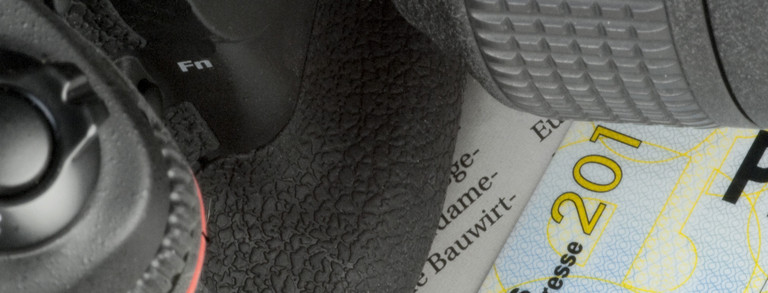New DFG Research Unit Develops Tailor-Made Implants
- Research
- Top News
- Press Releases

Nowadays, when patients need dentures, dentists rely on standard solutions. That is set to change in the future, with implants tailored to individual bodies promising excellent compatibility and long-lasting capability. An interdisciplinary team from the fields of materials science and engineering, medical engineering and numeric simulation is working on this project in the newly established research unit 5250 titled “Mechanism-based characterization and modeling of permanent and bioresorbable implants with tailored functionality based on innovative in vivo, in vitro and in silico methods”.
The aim is to develop additively manufactured implants for maxillofacial surgery. The project is extensive, ranging from the production to the characterization and simulation of the implants and taking into account physiological conditions in the body. Prof. Frank Walther explains the vision: “What sets the patient-specific, permanent and bioresorbable implants apart is their reliability when it comes to performance and tissue integration. For instance, special lattice structures and topologies are used to compensate for the stiffness discrepancy between the bone and the implant.”
Frank Walther is Professor of Materials Test Engineering at TU Dortmund University. His colleague Jochen Tenkamp will be taking over the management of the research unit.

In the project, the Dortmund team will focus on testing the implants – for example, through fatigue tests in mediums relevant to the body. “What is so special about this is that we map the conditions in the human body as realistically as possible in our test environment,” says Jochen Tenkamp.
The research partnership
Since the topic is diverse and complex, the TU Dortmund University team is working in the research unit alongside distinguished experts from all over Germany: Laser Zentrum Hannover e.V., Reutlingen University, Hannover Medical School (MHH), University Medical Center Hamburg-Eppendorf (UKE), Rostock University Medical Center (UMR), TU Berlin and Leibniz University Hannover. The co-spokesperson for the new group is Prof. Meike Stiesch from Hannover Medical School.

Contact for queries:




![[Translate to English:] Partner Four hands are holding the green logo of TU Dortmund University](/storages/tu_website/_processed_/1/d/csm_Partner_Nicole_Rechmann_KW_670eba0154.jpg)




![[Translate to English:] Forschung An apparatus with tubes in a laboratory](/storages/tu_website/_processed_/0/c/csm_Forschung_Juergen_Huhn_4fa3153b51.jpg)
![[Translate to English:] Studium Five students are sitting in a lecture hall. They are talking to each other.](/storages/tu_website/_processed_/c/9/csm_Studium_FelixSchmale_dbdbfb0dd7.jpg)





